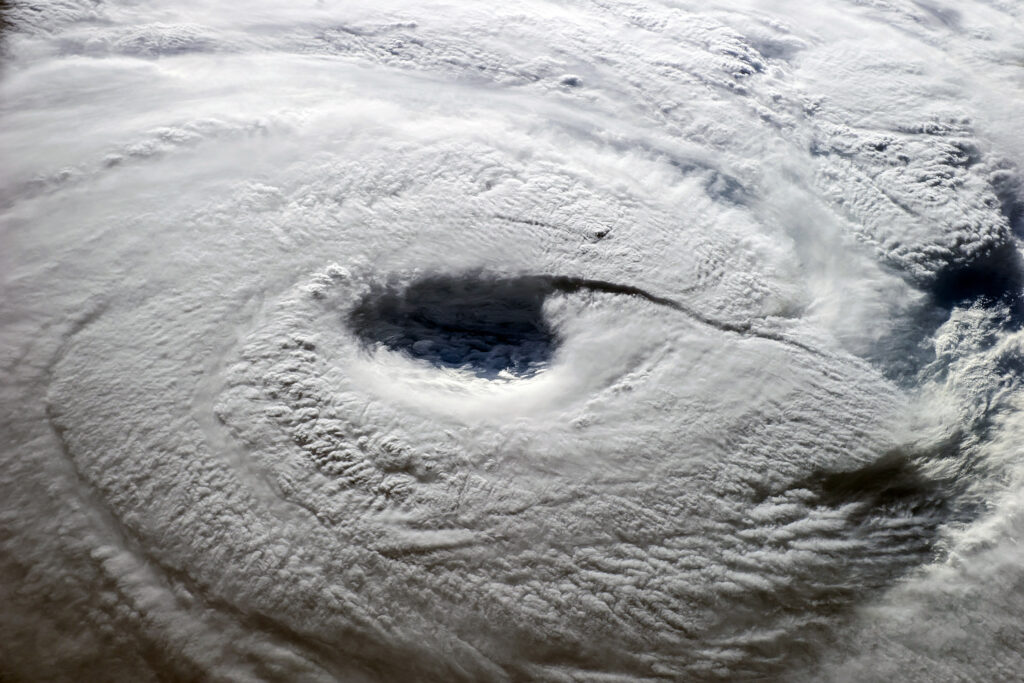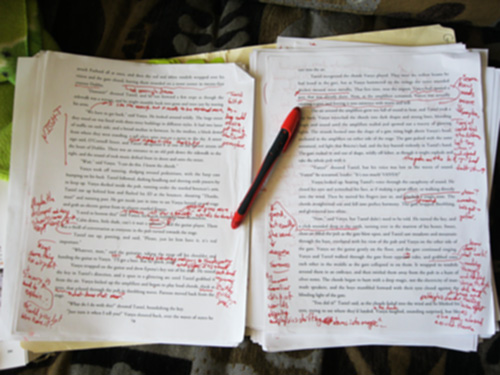Last week we reported Roger Pielke Jr’s discovery of what he politely called a blunder by the IPCC. The one where they claimed, in their latest Synthesis Report, that it is likely more and more tropical cyclones are becoming intense (Category 3 or higher) despite there being no data supporting the claim. In a new Substack post Pielke Jr. says he was contacted by a “high level participant” in the IPCC who confirmed that the false claim got inserted outside the peer review process, and that in that back alley it not only evaded correction but got elevated to a highlight item in the information to be presented to policymakers. As we often note regarding the IPCC, when all the errors go in the same direction, it’s not a blunder, it’s bias.
The story begins with the first draft of the report of Working Group I (the scientific panel), in which they said concerning Tropical Cyclones (TCs):
“given the observed trends in the background environment, and our theoretical understanding of how these trends affect TC intensity, it is not expected that a trend in TC intensity should be detectable over the past 40 years or so”.
As Pielke notes, this statement is correct. There is no observable trend in TC intensity. But in the second draft, one of the IPCC authors, James Kossin, inserted a reference to a new paper of his own that asserted such an increase had been observed although the evidence was marginal.
After the famous must-have peer review closed, the text was revised again, removing the nuance and saying it was likely TC intensity was rising, a claim that was then rushed into the Summary for Policymakers. From there it was inhaled into the Synthesis Report with further distortion of the terminology to keep amplifying the claim.
Making matters worse, the IPCC relied on the Kossin paper but made no mention that he had subsequently revised his paper after a reader found errors in the math which further weakened what were already marginal results, so there really was no scientific basis for their claim about TC intensity. But as so often with the IPCC, the absence of scientific evidence for a claim they really really want to make is never more than a temporary obstacle, to be dealt with by any means necessary. Including, in this case, just making stuff up.
One thing that is settled about science is that you don’t do it that way.



You need to constantly keep in mind two things:
1. When you mix politics with science (or anything else), you get politics.
2. Politics is competitive storytelling.
When it comes to global warming, therefore, the English Lit. majors who write the newspaper articles and the Summaries for Policymakers beat out the non-politicized scientists.